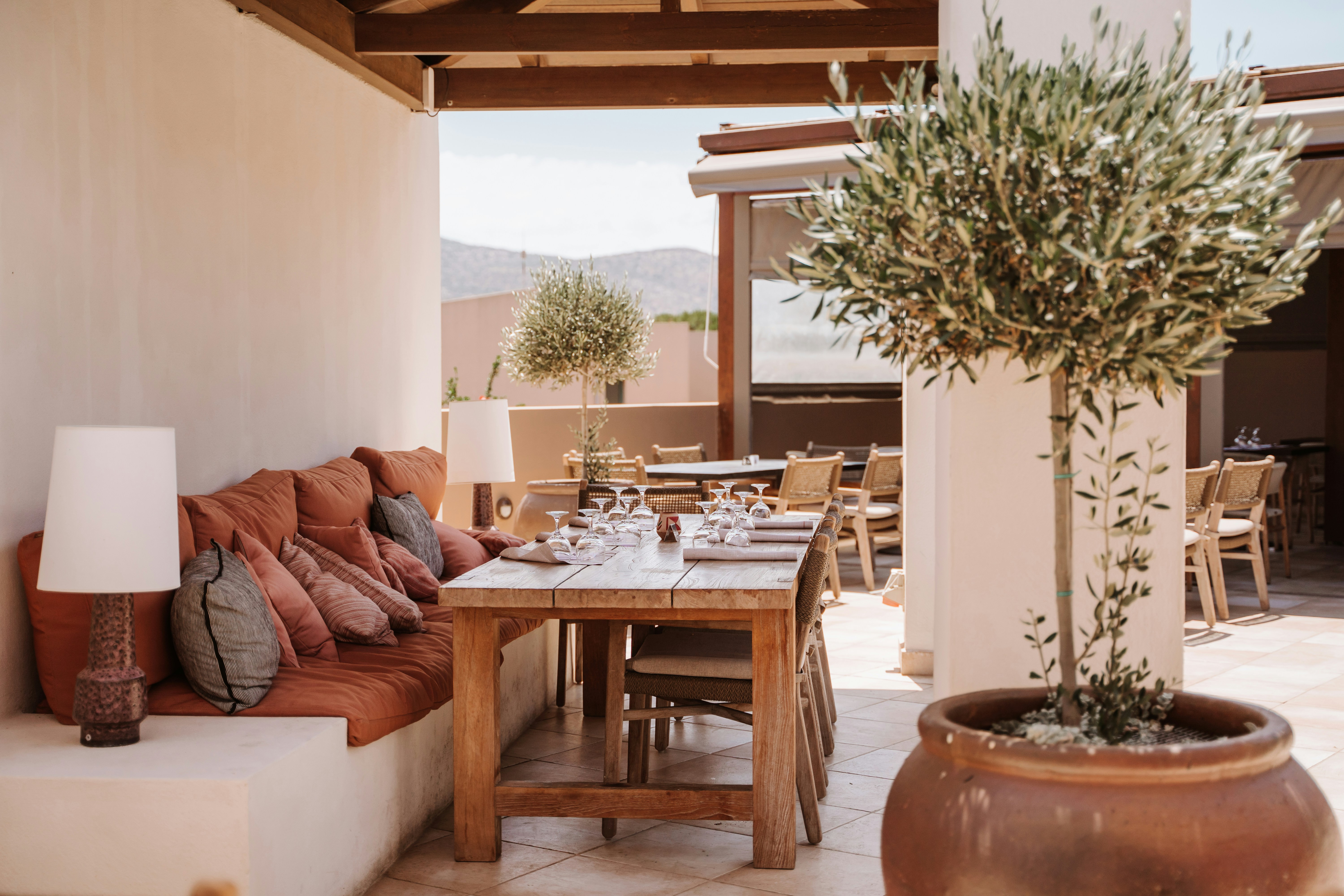Capitalizing on the Potential of Mixed-Use Real Estate
Mixed-use real estate, a blend of residential, commercial, and sometimes industrial spaces, has recently garnered significant interest due to its potential to offer a unique blend of live-work-play dynamics. This article will delve into the background, current trends, and future prospects of mixed-use real estate.

Backdrop and Evolution of Mixed-Use Real Estate
In the past, residential, commercial, and industrial areas were often segregated. However, with the evolution of urban planning and a shift towards creating more integrated, community-centric environments, mixed-use developments have gained popularity. These multi-purpose properties aim to foster a sense of community, reduce commuting times, and promote sustainable practices.
Current Market Dynamics and Financial Insights
The demand for mixed-use real estate is on the rise, driven by urban densification, changing lifestyle preferences, and the desire for convenience. Many consumers now prefer living, working, and leisure facilities in close proximity, which mixed-use properties are ideally positioned to provide. Additionally, these properties offer diverse income streams, potentially reducing investment risk.
Advantages and Challenges of Mixed-Use Real Estate
Mixed-use real estate offers several advantages, including reduced commute times, increased foot traffic for businesses, and a diverse range of amenities for residents. However, these developments also face challenges such as complex zoning regulations, higher construction costs, and more complex property management needs.
Impact on Buyers, Sellers, and Investors
For buyers, mixed-use properties offer a unique lifestyle, combining the convenience of urban living with the benefits of a close-knit community. Sellers can potentially achieve higher prices due to the increased demand for these properties. For investors, mixed-use real estate provides the possibility of multiple income streams and could be seen as a hedge against market fluctuations.
The Future of Mixed-Use Real Estate
Looking ahead, the rise of remote work and the need for more sustainable urban environments could potentially boost demand for mixed-use real estate. These developments can offer flexible spaces that adapt to changing needs, while also promoting sustainable practices through reduced commuting and efficient land use.
In conclusion, while mixed-use real estate presents its own set of challenges, its benefits and potential to meet evolving lifestyle preferences make it an interesting proposition for buyers, sellers, and investors. As urban environments continue to evolve, this form of real estate could play a significant role in shaping sustainable, community-centric cities of the future.




